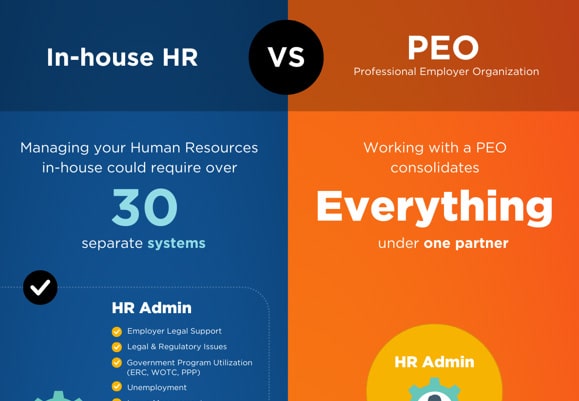Implementation Process
Implementing outsourced payroll services, a pinnacle of organizational transformation, entails several steps. Meticulous planning and clear communication are imperative to ensure a seamless transition, mitigating potential disruptions and inefficiencies.
Businesses should commence the process by selecting a “project lead.” This individual, often in HR or finance, will liaise with the service provider. By involving employees in the initial stages, the organization can facilitate alignment, making the transition more effective and ensuring all relevant data is migrated accurately.
Initial Setup
Initiating the setup for outsourcing payroll requires careful planning and coordination.
1. Gather Data
Your professional payroll service must gather all existing payroll data in a structured format, including employee information, tax records, and historical payroll details. This crucial step ensures that the service provider can seamlessly import accurate data into their systems, facilitating a smooth transition. Maintaining the integrity and security of this data throughout the process is paramount.
2. Dedicated Integration Team
Next, they should designate a dedicated team or individual responsible for overseeing any integrations necessary. Clear communication channels between their team and the provider are essential to handle any issues promptly.
3. Thorough Review
The teams involved will ensure that all payroll components, such as deductions, tax rates, and payment cycles, align with organizational policies and legal requirements. This scrutiny will foster confidence in the accuracy and reliability of the outsourced payroll system, paving the way for a successful ongoing partnership.
Data Migration
Data migration is a critical step when outsourcing payroll services. How can businesses ensure the accuracy and security of the data they transfer?
First, performing a comprehensive data audit is vital to identify any discrepancies or gaps. This preliminary step ensures that only accurate and relevant information is transferred.
This phase should also involve data cleansing to remove outdated or duplicate information. Clean data facilitates a smoother transition and enhances the overall efficiency of the new payroll system.
Finally, rigorous testing of the migrated data is essential. This ensures that all information has been accurately transferred and the new system functions correctly.
Testing and Training
Once the data migration phase concludes, rigorous testing and training sessions will become paramount to ensure a seamless transition to outsourced payroll. Organizations must invest in these areas to realize the full benefits of their new system.
The initial testing phase should validate that each payroll function operates as expected. This step focuses on identifying and rectifying potential issues before they impact employees.
Moreover, comprehensive and repetitive testing will help fine-tune the system. Areas to focus on include calculations, tax deductions, and report generation.
Simultaneously, staff training is indispensable. Engaging employees in hands-on training workshops allows them to understand the nuances of the new system thoroughly.
This investment in training will improve employee efficiency and confidence, making them valuable assets in the payroll process. Training should also encompass best practices and troubleshooting techniques to address common issues.
Ultimately, the goal is to equip employees with the knowledge and tools to maximize the system’s capabilities. Their competence and confidence will directly contribute to the overall success of outsourcing payroll services.










